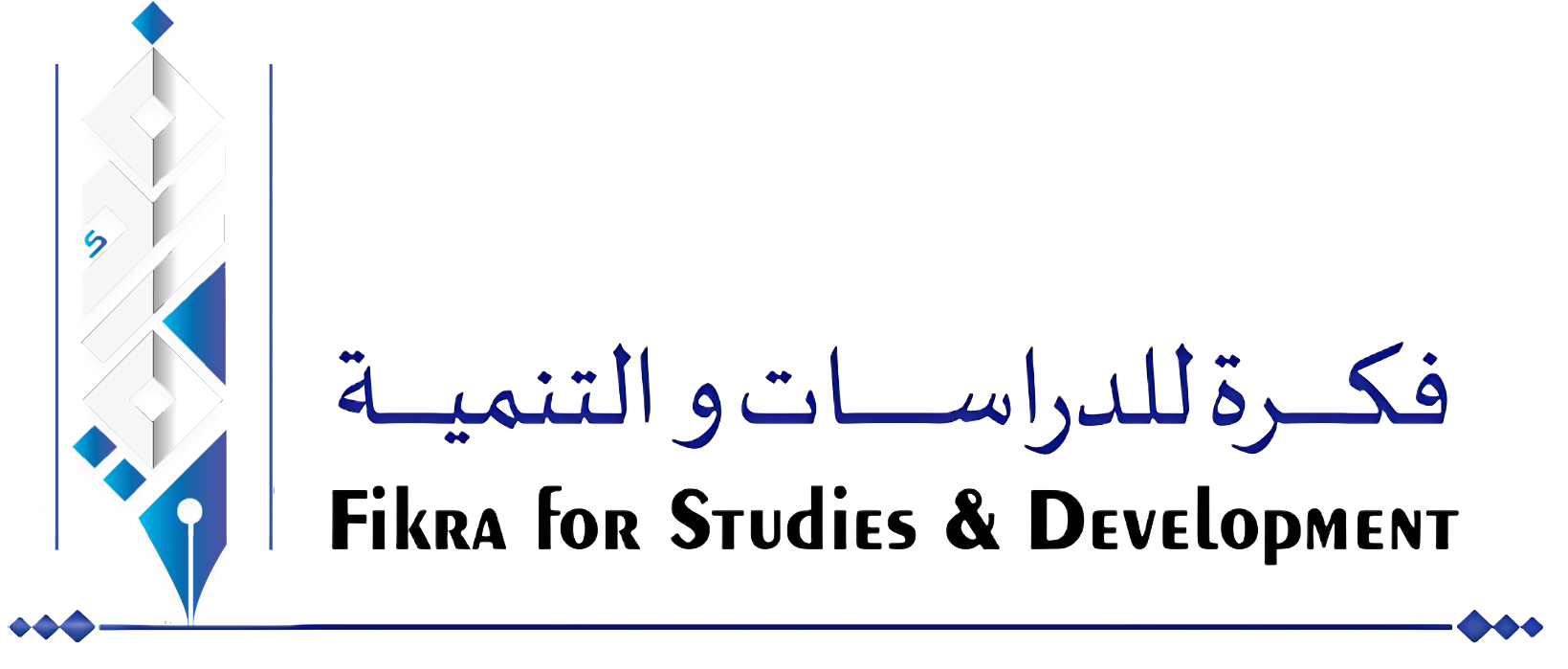Statement on the Impact of the U.S. Government’s Decision to Freeze USAID Funding on Emergency Room Operations in Sudan
Statement on the Impact of the U.S. Government’s Decision to Freeze USAID Funding on Emergency Room Operations in Sudan
On January 24, 2025, the U.S. State Department announced a comprehensive freeze on funding for most foreign aid programs worldwide. This measure, following an executive order from President Donald Trump, is set to last for at least 90 days and has disrupted numerous international humanitarian and development programs, including the operation of Emergency Response Rooms (ERRs) in Sudan. USAID funding provided nearly two-thirds of the financial support required for the critical work of these Emergency Response Rooms. Among the essential services provided by the Emergency Response Rooms are the communal kitchens, which deliver vital food aid to those displaced by the ongoing conflict. These kitchens serve hundreds of thousands of people daily, providing nutritional meals to families who have lost their homes, livelihoods, and access to basic resources. For many, these communal kitchens are the only source of food, and their operations rely heavily on donor funding, including U.S. aid, to secure the necessary food supplies.
Since the outbreak of Sudan’s conflict in April 2023, the country has been facing an unprecedented humanitarian disaster. Over 12 million people have been displaced, with millions more in urgent need of food, medical care, and shelter. The hunger crisis in Sudan has reached catastrophic levels. By June 2024, over 750,000 people were experiencing catastrophic levels of food insecurity, and 25.6 million people were at crisis levels of hunger. This marks the first time that such extreme conditions have been recorded in Sudan since the Integrated Phase Classification (IPC) system’s inception in 2004. Famine in Sudan has been evaluated as the world’s worst and deadliest in 50 years. The dedicated volunteers working in the emergency rooms across Khartoum, Darfur, Kordofan, and other conflict-affected areas have been operating under dire conditions, with limited access to medical supplies, healthcare personnel, and even basic security.
The freeze on U.S. funding now threatens to disrupt these essential services, leaving millions of Sudanese vulnerable to further suffering, starvation, and inadequate medical care amid the violence and chaos.
To address the critical gaps created by the funding freeze, FikraSD calls for the following measures:
1. Regional and Multilateral Mobilization: Engage regional actors, including the United Nations, the African Union, the Arab League, and the European Union, to fill the financial gaps left by the U.S. funding freeze. We call on these entities to step in and directly support the operation of localized Emergency Response Rooms in Sudan.
2. Diversify International Donor Support: Urge European countries, Gulf states, and international institutions to increase their contributions to Sudan’s humanitarian response, ensuring that critical relief efforts continue without disruption.
3. Crowdfunding and Diaspora Engagement: We call on Sudanese diaspora communities and international solidarity networks to mobilize additional resources to sustain the operations of Emergency Response Rooms and their associated services.
4. Advocate for Policy Revisions: We urge humanitarian organizations and civil society partners to engage directly with U.S. policymakers, stressing the severe humanitarian consequences of the funding freeze and advocating for potential exemptions for life-saving aid programs in Sudan.
FikraSD stands in unwavering solidarity with the Sudanese people and all organizations working tirelessly to address the ongoing humanitarian crisis. We call upon the global community to prioritize the lives and dignity of the millions affected by this disaster and to act urgently to prevent further suffering.


